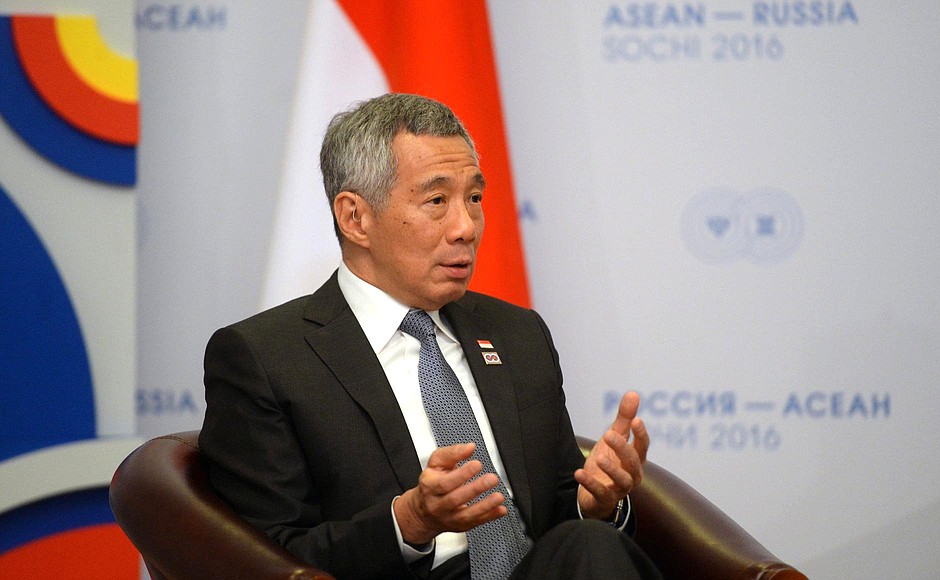Singapore's ruling PAP leads in initial counting of votes: report
Singapore's Prime Minister Lee Hsien Loong is set for re-election as the ruling People’s Action Party (PAP) is leading in 83 parliamentary seats based on sample counts, which indicate early voting trends, from Friday’s general elections, according to a media report.

- Country:
- Singapore
Singapore's Prime Minister Lee Hsien Loong is set for re-election as the ruling People’s Action Party (PAP) is leading in 83 parliamentary seats based on sample counts, which indicate early voting trends, from Friday’s general elections, according to a media report. For the opposition, Workers’ Party is leading in 10 seats over PAP, The Straits Times reported. The sample counts usually have a margin of error of four per cent.
Some 2.65 million Singaporeans donning face masks and gloves voted in the elections for selecting 93 members of parliament out of 192 candidates contesting for seats through 17 Group Representation Constituencies (GRCs) which groups together candidates in four or five, and 14 Single Member Constituencies. The PAP's lead in the sample count results include hot seats West Coast GRC, Bukit Batok SMC and Bukit Panjang SMC, while the Workers' Party is leading in the Aljunied and Sengkang GRCs, as well as in Hougang SMC.
In Ang Mo Kio GRC, the PAP team helmed by Prime Minister Lee is leading with 72 per cent of the vote. Its opponents from the Reform Party, led by party secretary-general Kenneth Jeyaretnam, is estimated to have 28 per cent of the vote, the report said. The PAP has ruled Singapore since independence with absolute majority and, going by the trend, is set for re-election with more than two-third of the seats in the new parliament.
Eleven political parties, including the ruling PAP, campaigned for nine days amid the unprecedented challenge of COVID-19 that has pushed the city-state's economy towards the worst-ever recession in nearly two decades. In a bid to enhance the safety of voting amid the COVID-19 pandemic, the number of polling stations was increased from 880 to 1,100.
Prime Minister Lee last month called for general elections 10 months ahead of the schedule to "clear the decks" and give the new government a fresh five-year mandate to focus on the national agenda. Lee's PAP has won every election since the late 1950s. When the party’s share of the vote dipped to about 60 per cent in 2011, which was considered an upset.
The ruling party is expected to win comfortably in the election but the 68-year-old Lee's handling of the coronavirus crisis could decide the vote share this election. The ruling PAP is the only party with candidates contesting on all 93 seats. This is the second general election that the opposition has fielded candidates in all seats in parliament.
In the last elections in September 2015, the PAP contested all 89 seats and won 83 seats, an absolute majority in the house. The Workers' Party secured six seats. Observers are watching if the Workers' Party can increase their seats this time in parliament. Lee, who is the country's third prime minister, has led the government since 2004. His father Lee Kuan Yew was Singapore's first prime minister and he transformed the city-state into an affluent nation during his 31 years rule.
(This story has not been edited by Devdiscourse staff and is auto-generated from a syndicated feed.)










